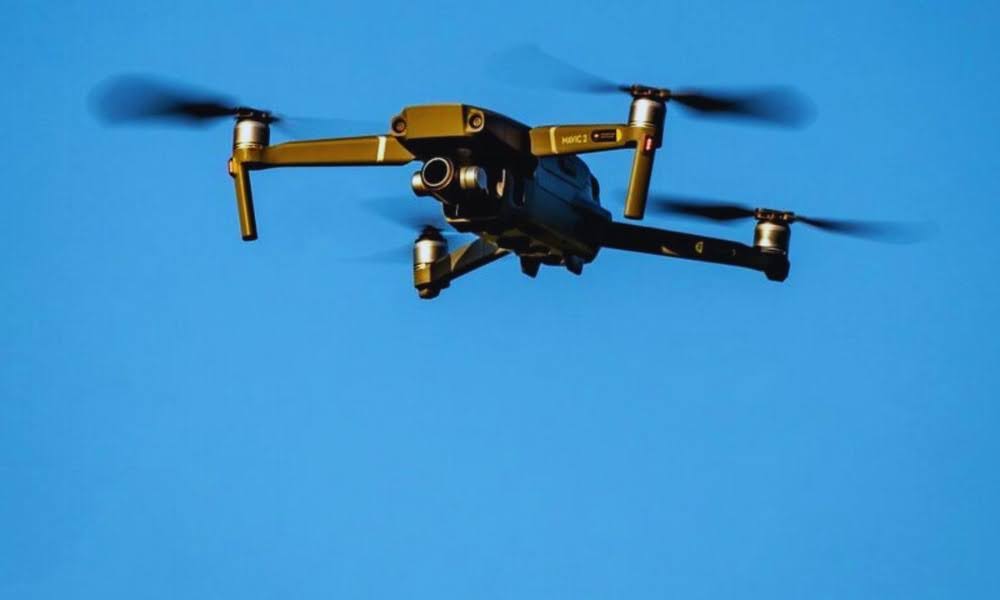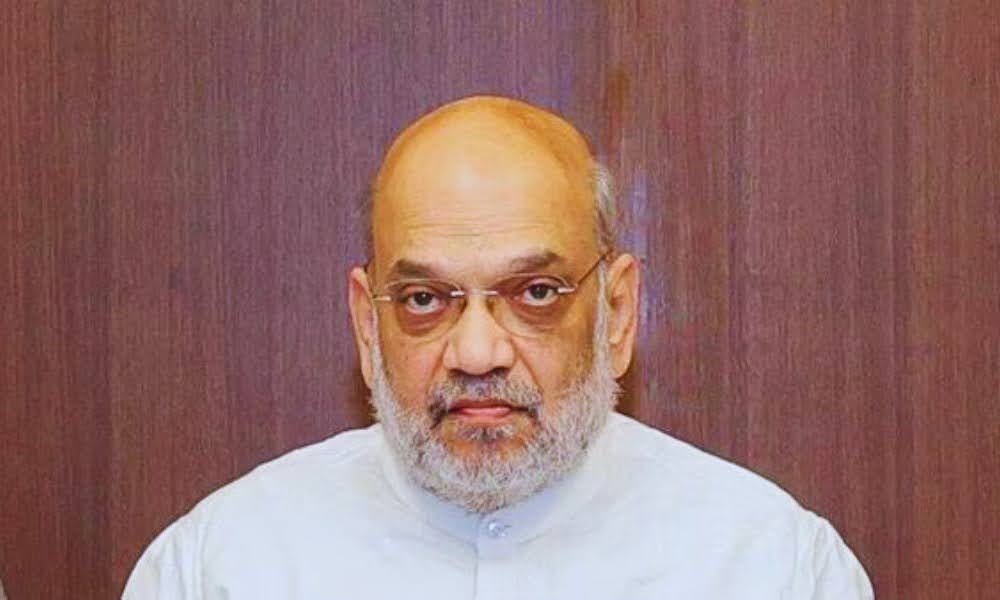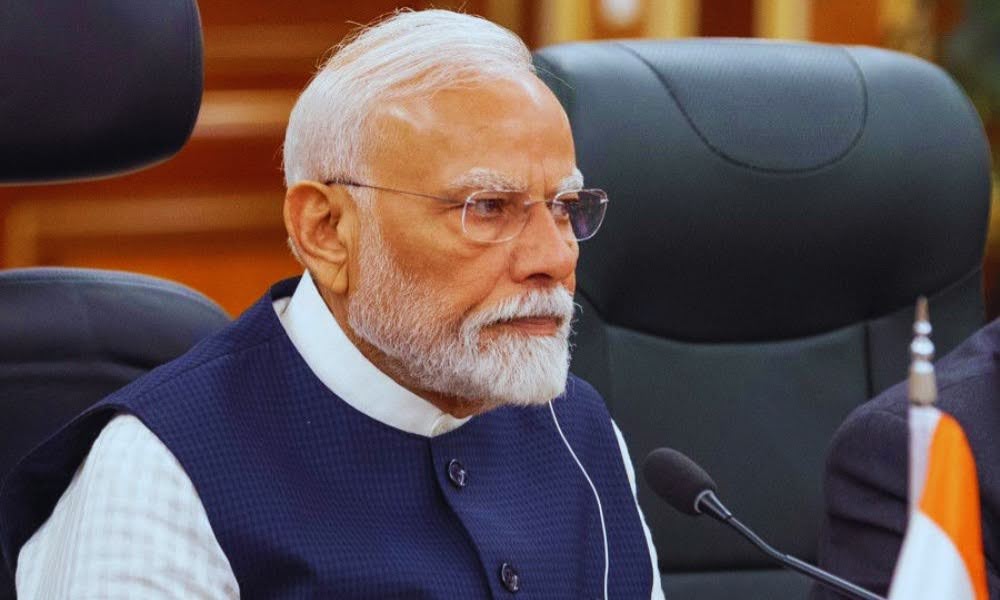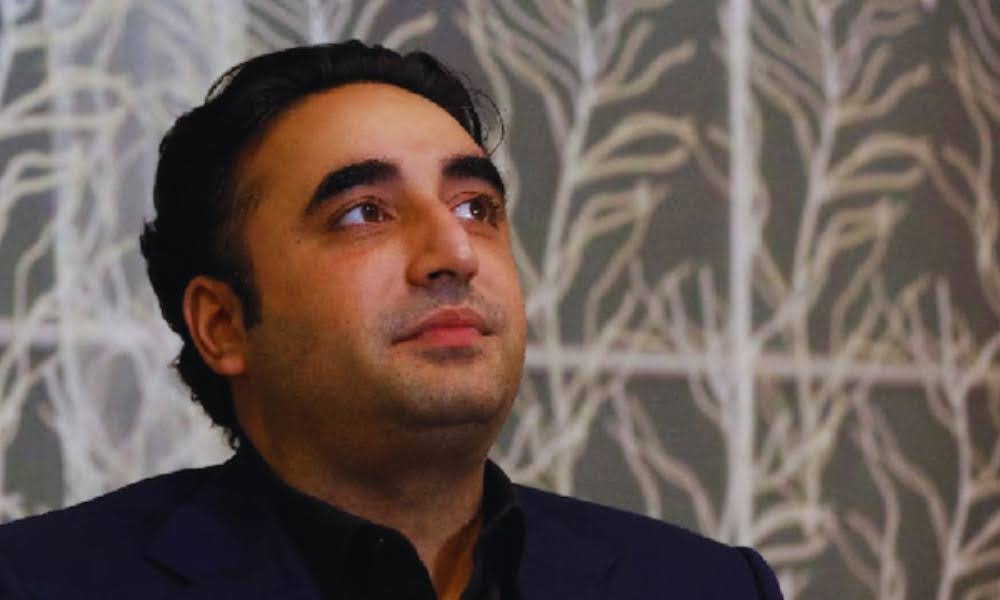US Urges De-escalation but Rules Out Intervention Amid India-Pakistan Tensions After Operation Sindoor
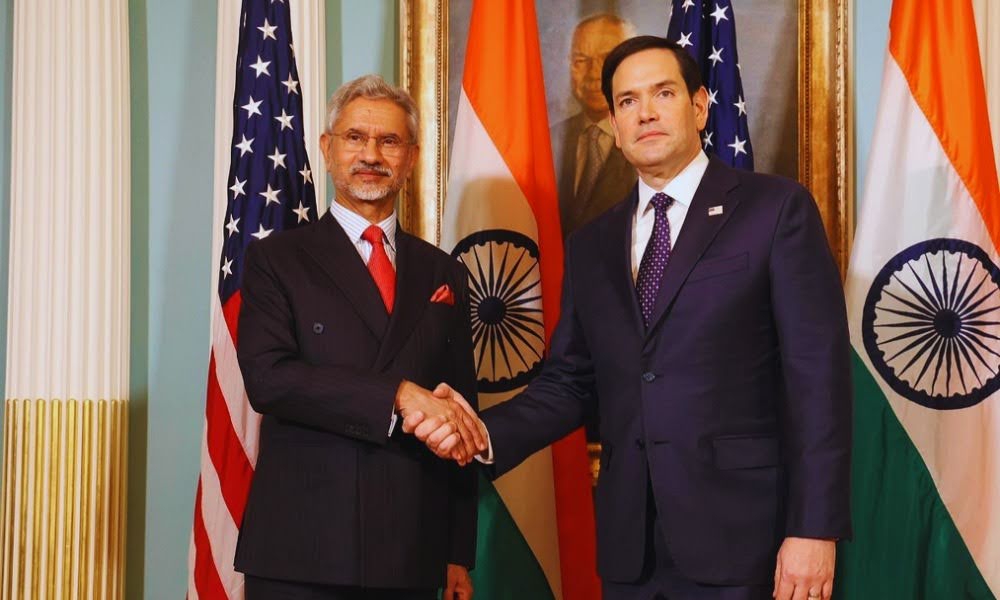
As hostilities intensify between India and Pakistan, US Vice President JD Vance has made it clear that the United States will not intervene, calling the war “fundamentally none of our business.”
His comments reflect the Trump administration’s broader shift away from acting as a global mediator in international conflicts.
Washington Calls for De-escalation, But Stays Out of Conflict
In an interview with Fox News on Thursday, Vance stated that while the US is concerned about tensions between nuclear-armed nations, it cannot control the situation.
“Look, we’re concerned about any time nuclear powers collide and have a major conflict,” Vance said. However, he emphasized that America would not take part in the war.
Quoting President Donald Trump and Secretary of State Marco Rubio, Vance said that the United States wants tensions to de-escalate “as quickly as possible,” but would not impose its will on either side.
“We can’t control these countries though. Fundamentally, India has its gripes with Pakistan. Pakistan has responded to India,” Vance explained.
No Role as Global Policeman, Says Vance
Vance underscored that the US cannot tell either India or Pakistan to disarm. “America can’t tell the Indians to lay down their arms. We can’t tell the Pakistanis to lay down their arms,” he said, indicating a preference for diplomacy over intervention.
He expressed hope that the situation would not evolve into a nuclear crisis.
“Our hope and our expectation is that this is not going to spiral into a broader regional war or, God forbid, a nuclear conflict,” Vance said.
“But I think the job of diplomacy, but also the job of cooler heads in India and Pakistan is to make sure this doesn’t become a nuclear war… Right now we don’t think that’s going to happen.”
Vance had been in India at the time of the Pahalgam terror attack and his remarks highlight the Trump administration’s retreat from the foreign policy stance of previous administrations, including those of George W. Bush and Barack Obama.
Rubio Engages Both Nations to Ease Tensions
Despite the administration’s non-interventionist stance, Secretary of State Marco Rubio and the US State Department are in close bilateral contact with both India and Pakistan.
On Thursday, Rubio spoke separately with Indian External Affairs Minister S. Jaishankar and Pakistani Prime Minister Shehbaz Sharif. He emphasized the urgent need for de-escalation.
In his conversation with Jaishankar, Rubio conveyed the US’s support for direct dialogue and expressed condolences for the victims of the Pahalgam terrorist attack. He also reiterated Washington’s commitment to cooperate with India in fighting terrorism.
During his call with Sharif, Rubio urged Pakistan to take decisive action to stop supporting terrorist groups.
State Department Calls for Halt to Escalation
In a press briefing, State Department Spokesperson Tammy Bruce confirmed that Rubio had emphasized de-escalation in both conversations.
She said, “…at this moment in time, there is like one thing that has to stop, which is a back-and-forth and a continuation of this, and that is what we’re focused on right now.”
Bruce clarified the US position on possible mediation, stating, “We are not going to be speaking about the details. That is certainly our policy.”
She added that the US supports holding the perpetrators of the terror attack accountable and remains committed to finding a responsible resolution. “The US continues to urge India and Pakistan to work towards a responsible solution,” Bruce said, stressing that violence is not a long-term answer.
Recent Strikes Add to Tensions
Tensions escalated further as India reported thwarting missile and drone attacks launched by Pakistan.
Earlier, Indian missile strikes had killed 31 people in Pakistan, with India claiming the strikes targeted “terrorist infrastructure.” Pakistan, however, denied that such groups operated in the areas struck.
The renewed violence marks another round in a cycle of retaliation between the two countries, raising international concern over a possible broader conflict.
US Strategy Mirrors “America First” Doctrine
Vance’s statements reinforce the Trump administration’s “America First” doctrine, which favors withdrawing from international disputes unless directly tied to American interests.
Trump and Vance have similarly warned that the US would not continue mediating in the Russia-Ukraine conflict if both sides refused direct negotiations.
While Vance affirmed India’s right to respond to terrorism, he stressed that retaliation should not lead to a larger war. “Our hope here is that India responds to this terrorist attack in a way that doesn’t lead to a broader regional conflict,” he said.
He also called on Pakistan to take responsibility, stating, “We hope, frankly, that Pakistan, to the extent that they’re responsible, cooperates with India to make sure that the terrorists sometimes operating in their territory are hunted down and dealt with.”



